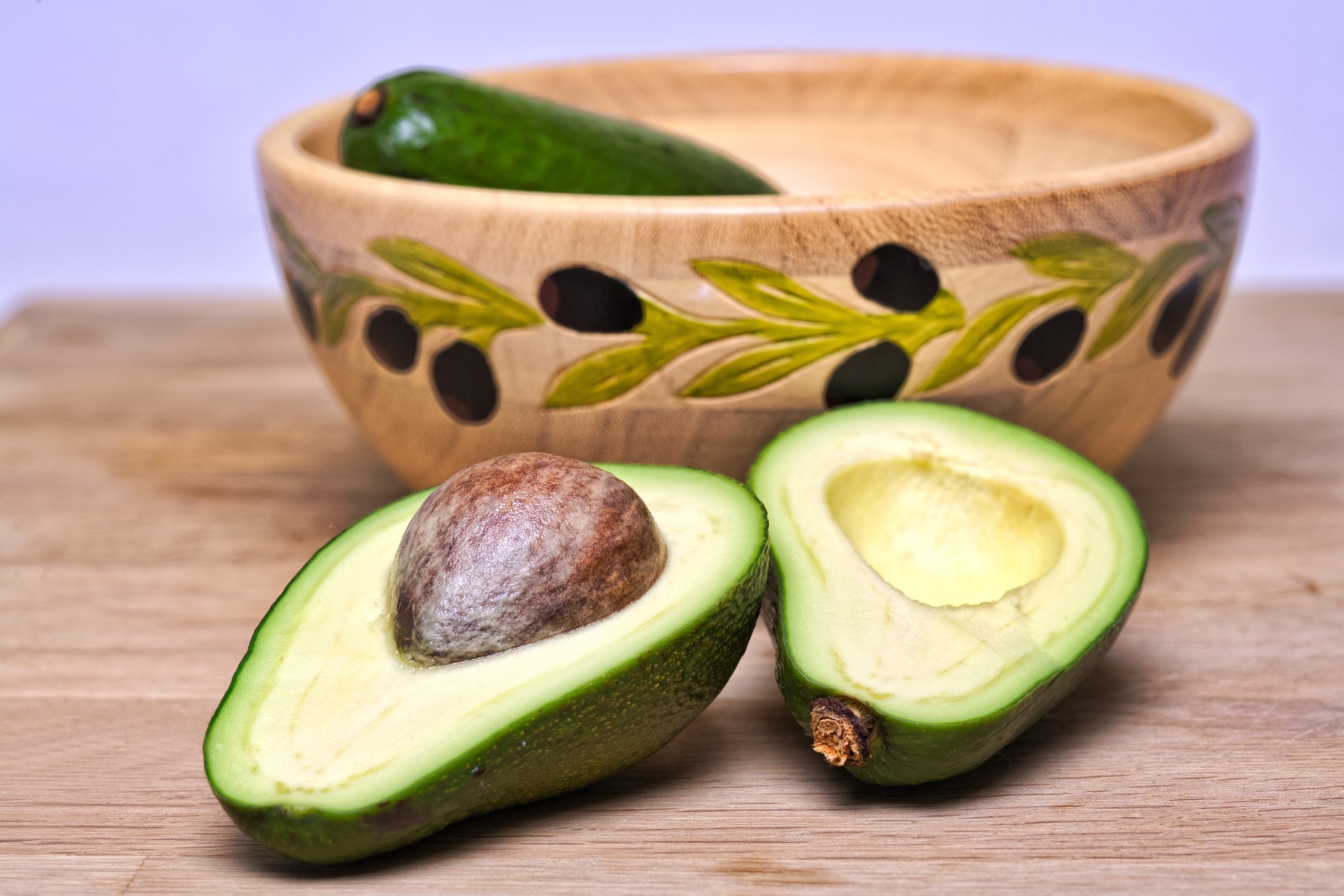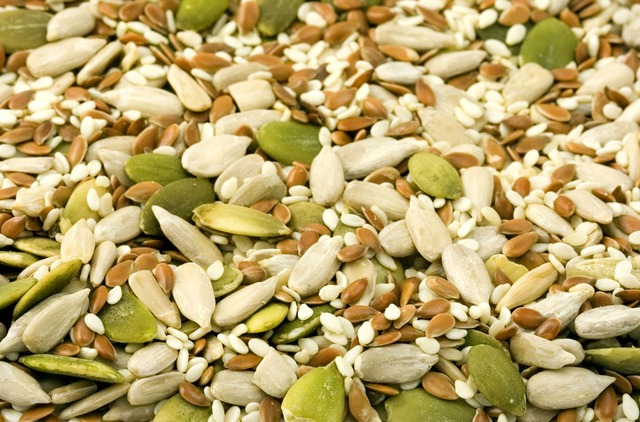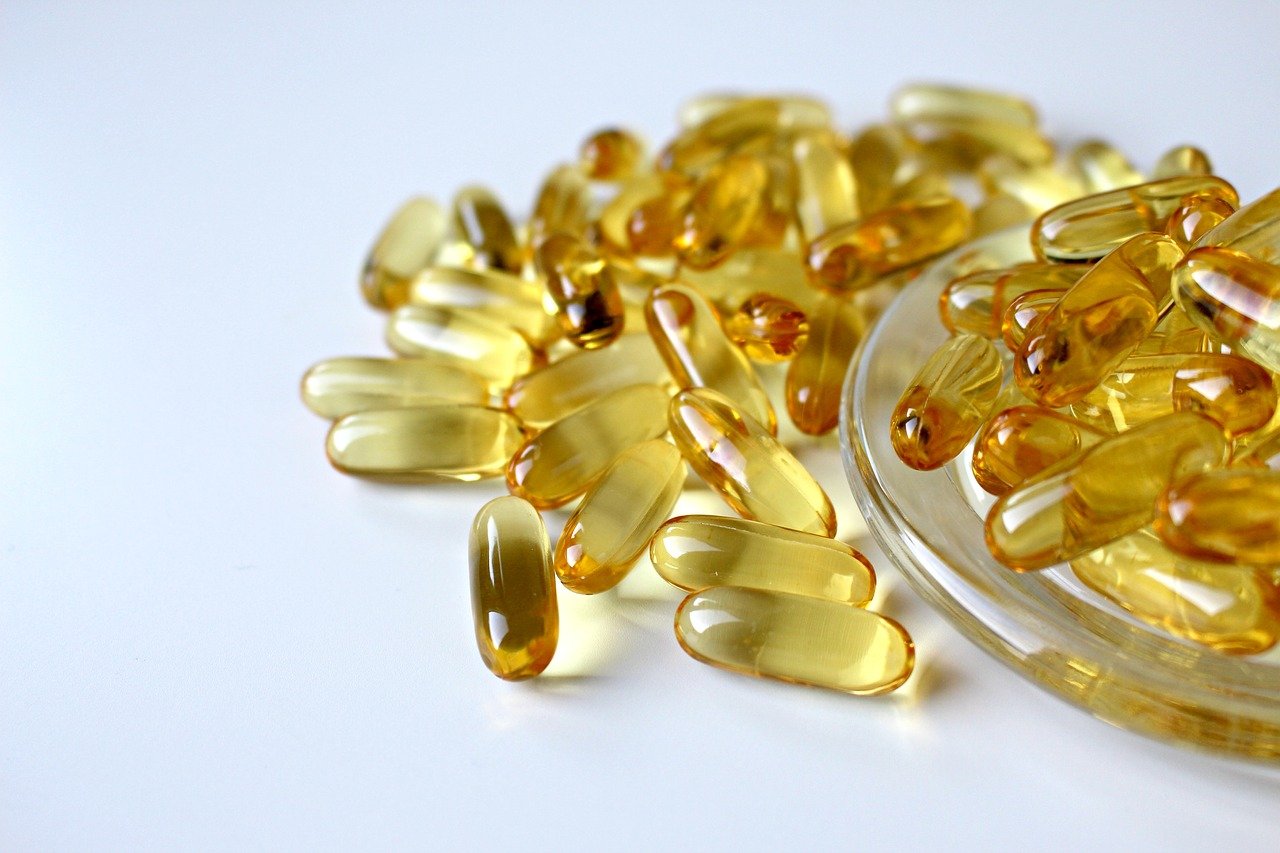Tips for Lowering cholesterol














Dietary Tips for Cholesterol Management.
High cholesterol increases your risk of heart disease and heart attacks. Medications can help improve your cholesterol. If you would like to try to make lifestyle changes to improve your cholesterol here are some tips to get you started.
There are five main components of a natural management plan to lower cholesterol.
- Choose foods with “good” unsaturated fats, limit foods high in saturated fats, and avoid “bad” trans fats.
- Follow the tips for sugar regulation.
- Eat plenty of soluble fiber
- Practice regular exercise
- Use natural supplements to increase good cholesterol and decrease bad cholesterol
1. Good Fats and Bad Fats
Dietary tips to improve cholesterol include reducing bad fats and increasing good fats. Experts no longer recommend low-fat diets for cholesterol health. Research shows that good fats are necessary and beneficial for our health. In low-fat foods, manufacturers often replace fat with carbohydrates from sugar or other grains, which can also have a negative impact on our health and cholesterol levels.
Increase Good Fats
Reducing saturated fat and increasing unsaturated fats will help to lower your cholesterol. Unsaturated fats are usually in liquid form at room temperature. Unsaturated fats can be found in most vegetable, nut, and seed oils including, olive oil, linseeds, avocados, and most nuts, almonds, cashews, hazelnuts, macadamias, pistachios, walnuts, and Brazil nuts.
You are also recommended to eat foods high in omega 3 fatty acids. While they do not lower bad cholesterol, they do have other benefits that may help to prevent heart disease including lowering blood pressure. Foods that contain omega 3 include sardines, salmon, trout, cod, herring linseed and fish oil.
Bad Fats
A vital component of the cholesterol-lowering diets is to reduce bad fats. Bad fats refer to anything that increases bad cholesterol (LDL). LDL cholesterol is considered bad as it is more likely to oxidise and form the plaques that block arteries and lead to heart disease. To lower bad fats, you are recommended to avoid trans fats, hydrogenated oils, and to reduce saturated fats.
Trans Fats
Trans fats have shown to increase cholesterol and disease risk. Trans fats are primarily found in processed foods and foods made with hydrogenated vegetable oil. Trans fats are thought to increase the level of bad cholesterol (LDL) in the bloodstream which is known to clog arteries and lead to an increased risk of heart disease. Trans fats are also thought to be associated with other health issues such as cancer, diabetes, obesity, and liver dysfunction. Trans fats are found in cakes, some cereals, chips, cookies, crackers, doughnuts, anything hydrogenated, margarine, mayonnaise, some dips and sauces, muffins, pastries made with vegetable shortening, processed cheese, soft candies, and sweetbreads. Trans fats can be listed on food labels as hydrogenated vegetable oils.
Hydrogenated Fats
Saturated fats tend to be more stable at room temperature. The food industry uses a process called hydrogenation to convert unsaturated fats to saturated fats to improve stability. Hydrogenation transforms an unsaturated oil into trans fat. An example of a hydrogenated fat is margarine. In cholesterol health, you are advised to avoid hydrogenated oils and trans fats.
Saturated Fats
Saturated fats should be reduced to lower overall cholesterol and your levels of “bad” cholesterol. Saturated fats are oils that are usually solid at room temperature. Foods containing saturated fat include fatty meats, chicken skin, full-fat dairy, butter, cheese, ice cream, lard, palm oil, chocolate, fried foods, and many takeaway foods. Saturated fats tend to be animal fats with the exception of coconut oil, which contains saturated fatty acids, some of which are beneficial to our health.
A note on coconut oil
While most saturated fats are animal fats, coconut oil is a notable exception. Unlike saturated fats, coconut oil does not become a trans fat when cooking and will not become damaged or carcinogenic when heated like most oils. The fatty acids in coconut oil are also considered to have a number of health benefits. On a cholesterol-lowering diet, coconut oil may be included however it should be consumed in moderation.
- Follow the tips for sugar regulation.
The second key component in the cholesterol-lowering diet plan is to follow the tips for sugar regulation. New research links excess sugar consumption to unhealthy cholesterol and triglyceride levels. Studies have shown diets high in sugar are associated with low HDL (good cholesterol) and high triglyceride levels. Low sugar diets are associated with high HDL and low triglyceride levels. Low HDL is a major risk factor for heart disease. High sugar diets make your liver synthesize more LDL (bad cholesterol) which is associated with increased plaque formation and blocked arteries. A diet to support lowering cholesterol involves reducing sugar intake and regulating carbohydrate metabolism. See my guide for Sugar Regulation to help you with this.
- Eat plenty of Soluble Fiber
Increased soluble fiber in the diet can help reduce the absorption of cholesterol from your food. Soluble fiber can be found in a variety of foods including oatmeal, kidney beans, brussels sprouts, apples, and pears.
- Regular Exercise
Regular exercises will improve a number of health issues including high cholesterol. Moderate physical activity has been shown to increase HDL – the good cholesterol. Regular exercise will also assist in weight loss which is an important part of lowering your risk for heart disease.
- Natural Supplements to increase good cholesterol and decrease bad cholesterol
There are a variety of natural supplements that may help to lower the bad cholesterol and increase the good cholesterol. Talk to your Naturopath today to find out more about which products will be best for you.
Additional Tips
- Quit smoking: Smoking increases your risk of heart disease. Within a year of quitting your risk of heart disease is half that of a smoker.
- Weight Loss: Extra weight contributes to high cholesterol, your Naturopath can help design a weight loss program that is right for you.
- Avoid Alcohol: Excess alcohol leads to a number of serious health problems including high blood pressure, heart failure, and stroke.
- Monitor your Cholesterol Levels: we recommend regular blood tests to monitor your cholesterol levels to ensure you are responding to your program.
Rachael Reed, balancing hormones, Naturally.
